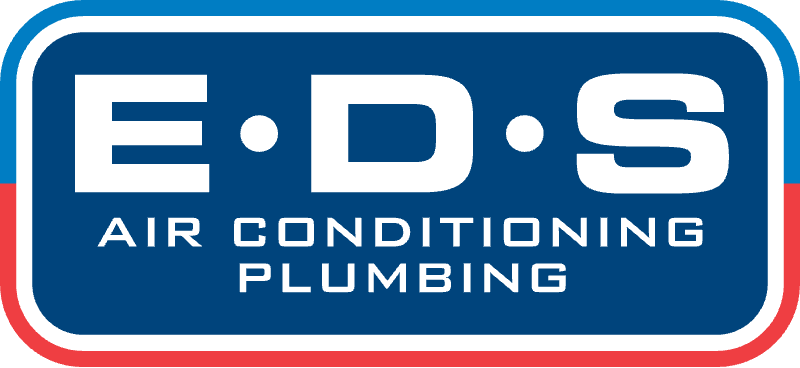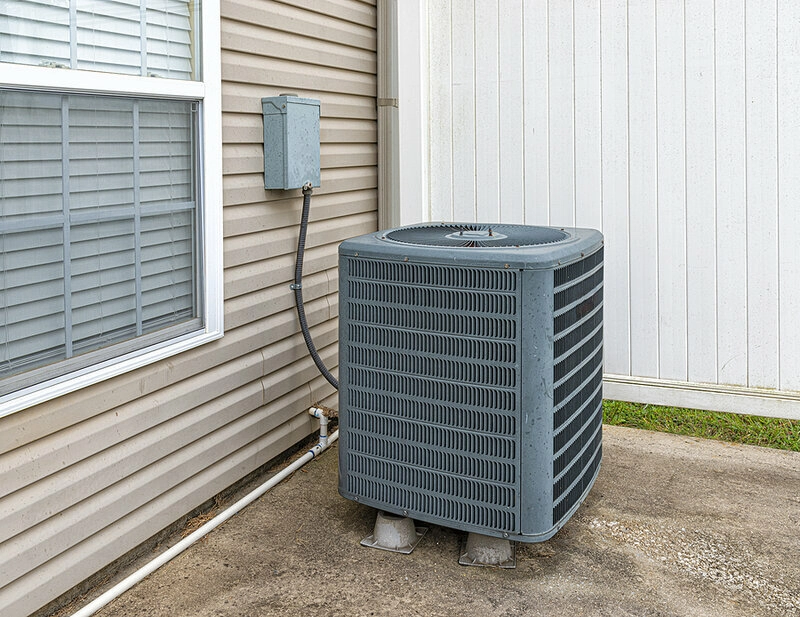Air conditioning is essential to keep comfortable in Florida’s hot climate. The efficiency of these systems greatly impacts energy consumption and costs. Last year, Florida updated its air conditioning efficiency standards, making them stricter to promote additional energy savings and help preserve the environment. Understanding these changes and the role of SEER ratings is crucial for any Florida homeowner.
What Is a SEER Rating?
SEER is short for Seasonal Energy Efficiency Ratio, and this rating measures the efficiency of an air conditioner. Higher SEER ratings mean more energy-efficient systems, which translates to lower energy bills. Having higher SEER ratings also reduces the environmental impact of energy-consuming appliances. Checking the AC SEER ratings is vital for homeowners who are aiming to save on energy costs, as well as curb energy usage.
Difference Between SEER and SEER2
The SEER2 rating is an updated version of the traditional SEER rating. While both measure energy efficiency, SEER2 uses new testing procedures that more accurately reflect real-world conditions. This provides homeowners with a clearer understanding of how their air conditioning units will perform with typical usage. If you have any questions about the SEER2 rating, a professional HVAC company can help to provide you with answers.
New SEER Regulations for Homes in Florida
Florida’s new SEER regulations will require all new air conditioning systems to have at least a minimum SEER rating of 15. Any single-packaged air conditioner is required to have a SEER rating of 14 or higher. Homeowners should be aware of these changes to maintain compliance while purchasing new air conditioning units.
Why Higher SEER Ratings Matter
Higher SEER ratings mean better energy efficiency. Air conditioners with higher SEER ratings use less electricity to cool homes, leading to significant savings on energy bills. Investing in a high SEER AC can result in substantial long-term savings for those living in Florida. Saving money and benefiting the environment are the two primary benefits of a high SEER AC.
Is Higher SEER Better?
A higher SEER rating generally indicates a more efficient air conditioner. However, the best SEER rating for a home depends on factors such as climate, usage patterns, and budget. While a higher SEER unit typically costs more upfront, the energy savings over time may often make it a worthwhile investment. Comparing the SEER rating savings between air conditioners is always worth your time.
Choosing a Good SEER Rating
Before selecting an air conditioning system, you should consider the SEER rating that best fits your needs. A SEER rating between 14 and 16 is often sufficient for most homes. However, those looking for maximum efficiency and long-term savings may opt for units with even higher SEER ratings, such as 18 or 20. An air conditioning professional can typically help you make this decision.
SEER Regulations and Compliance
Compliance with SEER regulations is essential for homeowners and contractors alike. Installing an air conditioner that meets or exceeds the minimum SEER rating ensures legal compliance and maximizes energy efficiency. Staying informed about current SEER requirements helps you avoid potential legal issues and promotes sustainable living.
SEER Requirements by State
Various states have varying SEER requirements. Florida’s warm climate makes energy efficiency particularly important, which results in stricter SEER regulations as compared to cooler states. Understanding the SEER requirements by the state helps homeowners make the best decisions prior to installing or upgrading an air conditioning system.
Closing Thoughts About Florida AC Laws
Keeping up with SEER ratings and upcoming changes in regulations is a crucial factor for Florida homeowners. Higher SEER ratings commonly offer significant energy savings, environmental benefits, and long-term financial advantages. Staying informed about current and future SEER requirements and choosing the right air conditioning system helps you stay in compliance and maximizes your energy efficiency.




